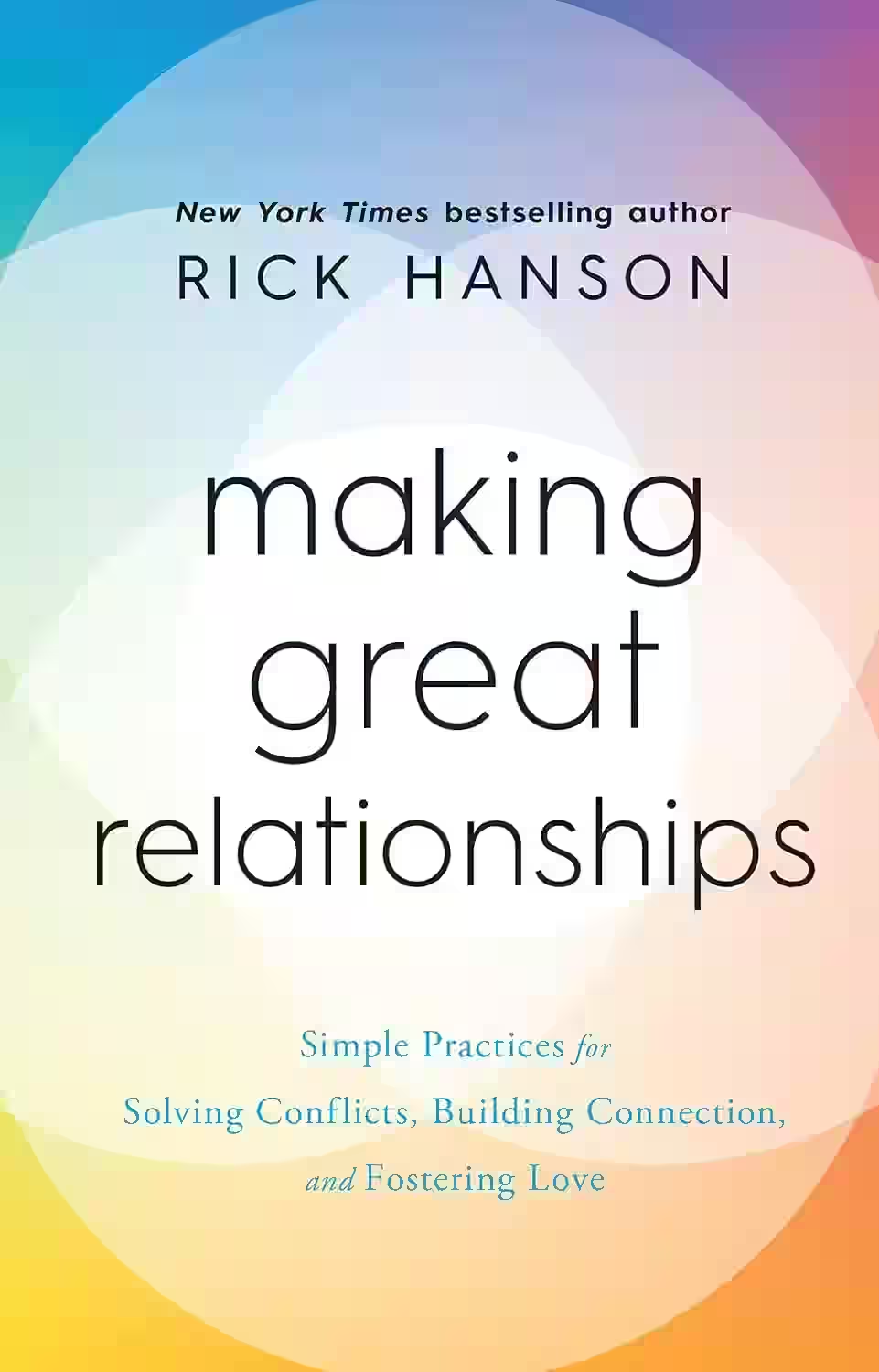
Making Great Relationships: Simple Practices for Solving Conflicts, Building Connection, and Fostering Love
by Rick Hanson
In 'Making Great Relationships,' Rick Hanson delivers a compelling guide to navigating relationships with practical wisdom. Focusing on conflict resolution, connection-building, and love cultivation, the book offers simple yet profound practices to enhance our interactions. Hanson blends psychological insights with actionable strategies, empowering readers to foster healthier and more fulfilling relationships. Through engaging storytelling and evidence-based advice, he encourages mindfulness, empathy, and effective communication as keys to successful relationships. Whether struggling with conflicts or seeking to deepen existing connections, this book provides invaluable tools for personal growth and relational harmony.
About Rick Hanson
Rick Hanson is a renowned psychologist, author, and meditation teacher known for his expertise in the fields of neuroscience and positive psychology. With a background in developmental psychology and contemplative practices, Hanson combines scientific research with mindfulness techniques to explore the ways individuals can cultivate resilience, kindness, and inner strength. His bestselling books, including 'Buddha's Brain' and 'Hardwiring Happiness,' have made significant contributions to the understanding of the brain's capacity for change and the importance of cultivating positive mental states. Through his writing and teachings, Hanson has had a profound impact on literature, inspiring readers to live with greater mindfulness and well-being.
Similar Books
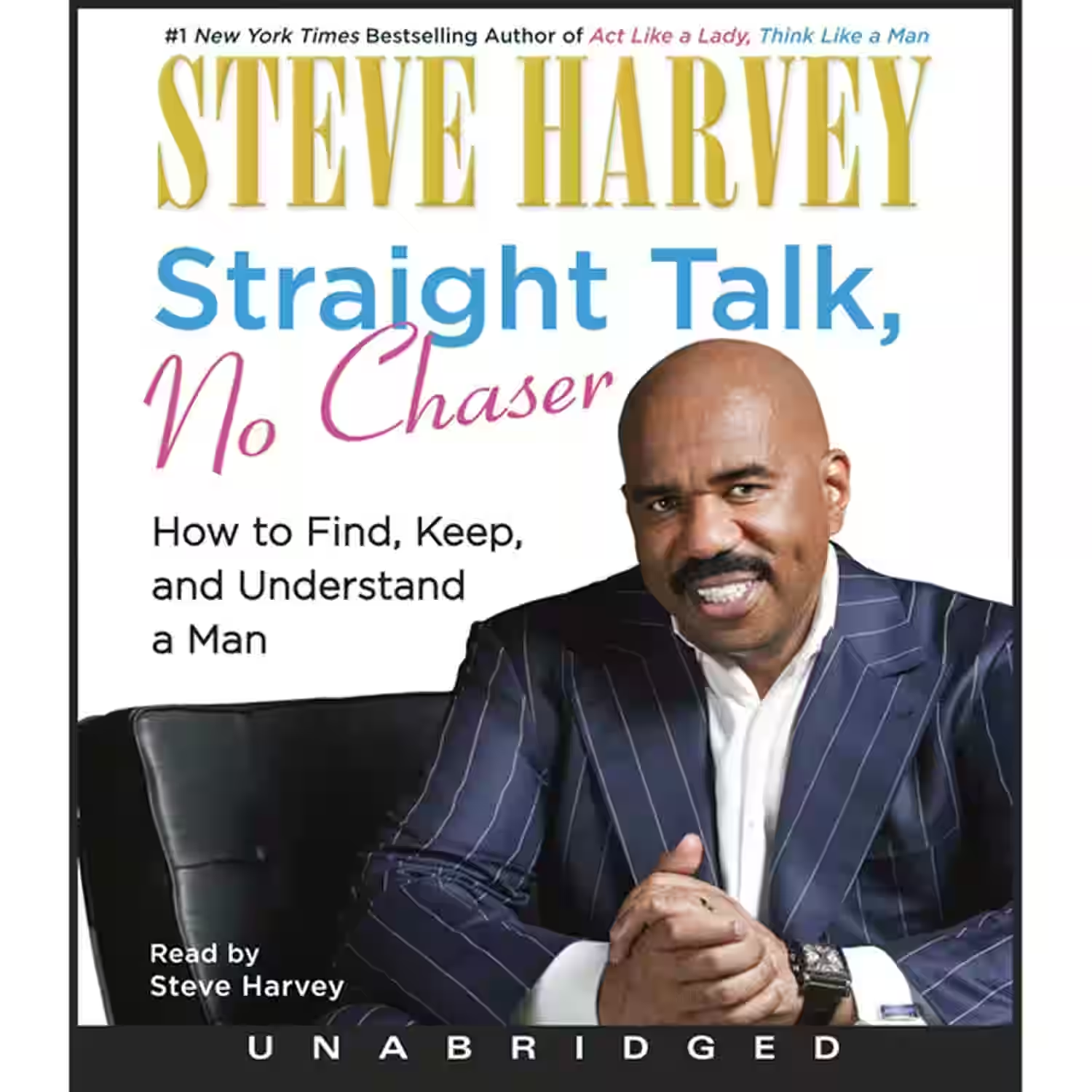
Straight Talk, No Chaser: How to Find, Keep, and Understand a Man
by Steve Harvey
In 'Straight Talk, No Chaser: How to Find, Keep, and Understand a Man,' Steve Harvey delivers straightforward and practical relationship advice, specifically geared towards women striving to build meaningful connections with men. Drawing from his own experiences and insights, Harvey breaks down the male psyche, offering tips on communication, expectations, and self-respect. He emphasizes the importance of mutual respect and understanding in fostering healthy relationships. With a blend of humor and wisdom, Harvey guides readers through the complexities of dating and maintaining strong partnerships. This book serves as a valuable resource for those seeking honest and no-nonsense guidance in matters of the heart.
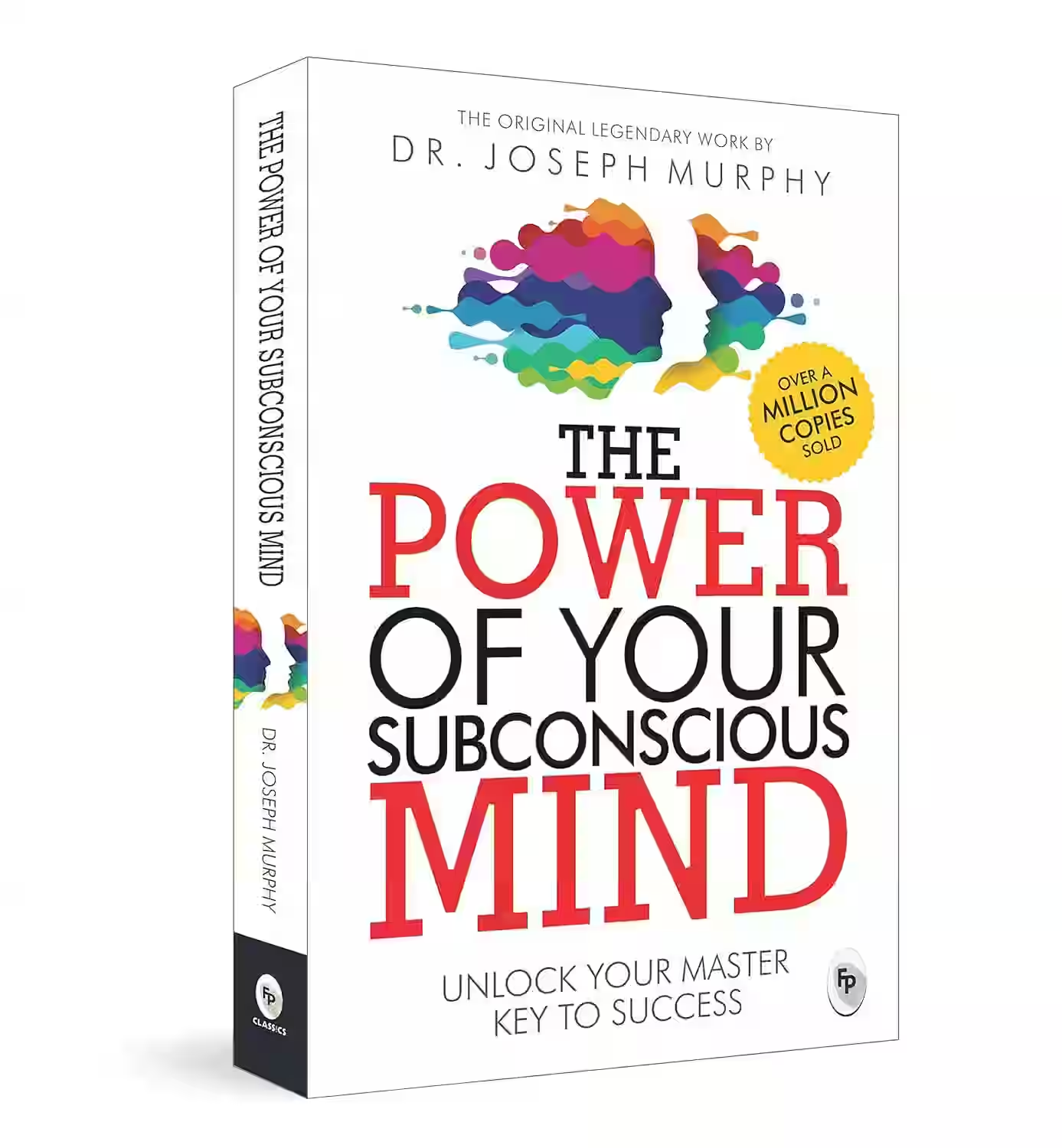
The Power of Your Subconscious Mind
In The Power of Your Subconscious Mind, Dr. Joseph Murphy gives you the tools you will need to unlock the awesome powers of your subconscious mind. You can improve your relationships, your finances, your physical well-being. Once you learn how to use this unbelievably powerful force there is nothing you will not be able to accomplish. Join the millions of people who have already unlocked the power of their subconscious minds. I urge you to study this book and apply the techniques outlined therein; and as you do, I feel absolutely convinced that you will lay hold of a miracle-working power that will lift you up from confusion, misery, melancholy, and failure, and guide you to your true place, solve your difficulties, sever you from emotional and physical bondage, and place you on the royal road to freedom, happiness, and peace of mind.- Dr. Joseph Murphy
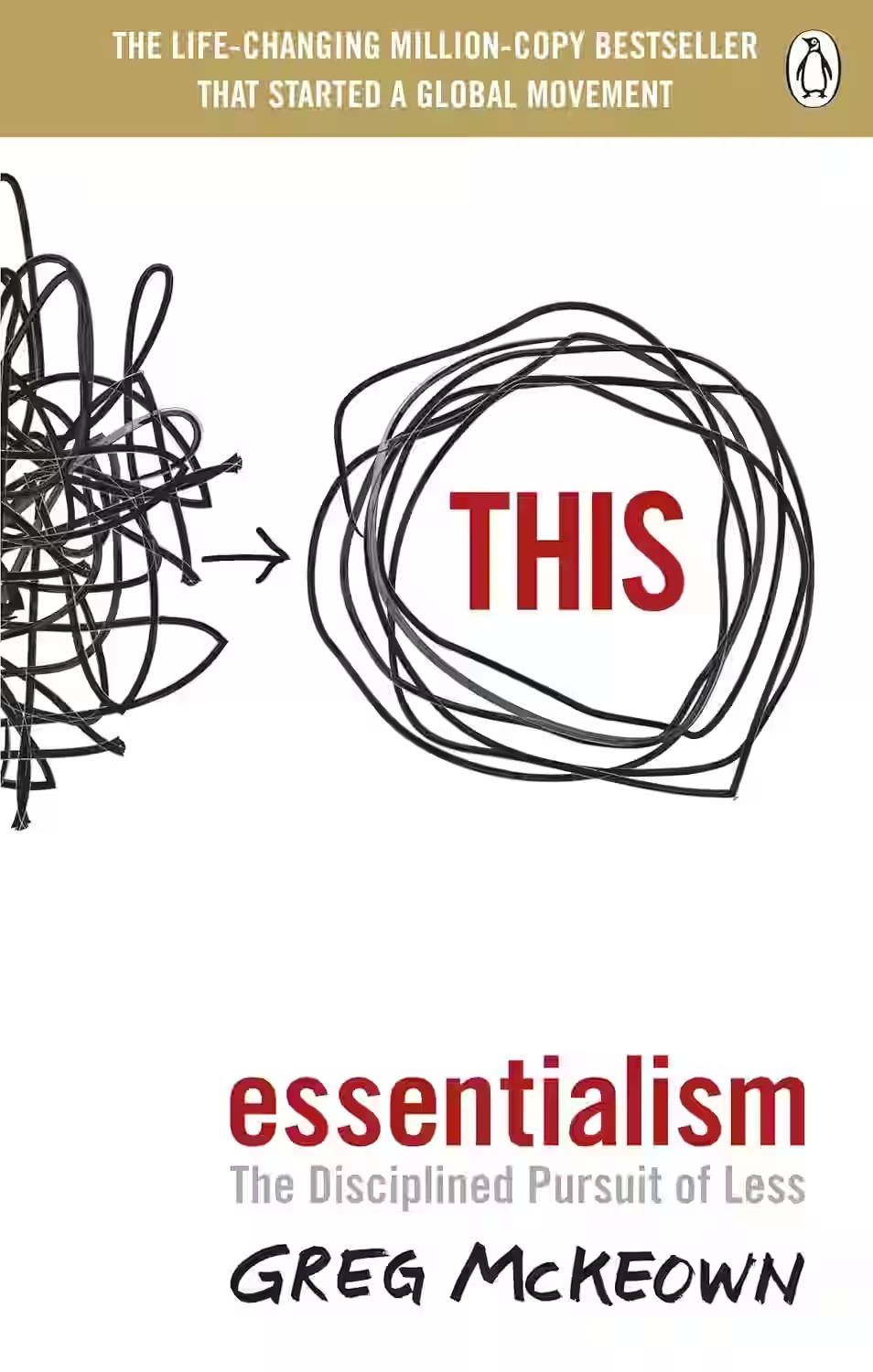
Essentialism: The Disciplined Pursuit of Less
by Greg McKeown
Essentialism is a manifesto for simplicity in an increasingly busy world. Greg McKeown advocates for doing less, but better—focusing only on what is truly important. He challenges the idea that we must do everything and instead teaches readers how to identify their highest priorities, eliminate non-essential tasks, and reclaim control of their time and energy. With practical tips and clear frameworks, the book empowers readers to make deliberate choices, say no more often, and live with intention. Essentialism is about creating space for what really matters—professionally and personally—by embracing the power of focus and clarity.
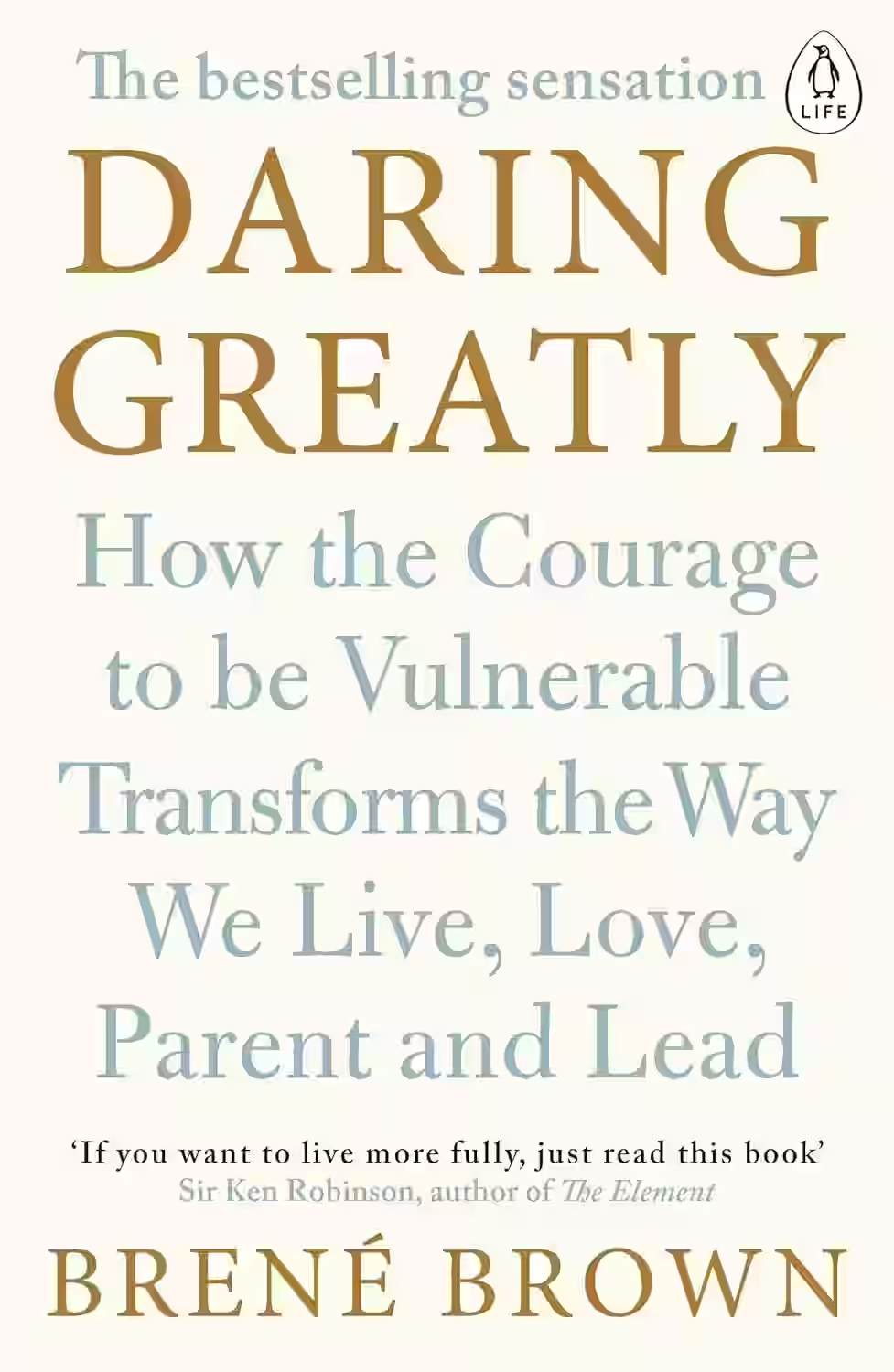
Daring Greatly
by Brene Brown
In Daring Greatly, Brené Brown challenges conventional beliefs about vulnerability, arguing that it is not a weakness but a powerful source of courage, creativity, and connection. Drawing from years of research, she explores how the fear of shame and failure holds us back in relationships, parenting, work, and leadership. Brown encourages readers to embrace vulnerability as the path to a more authentic and wholehearted life. The book is a compelling call to show up fully and engage with the world, even when it feels uncomfortable. It’s a guide to building resilience, trust, and true belonging through emotional honesty.